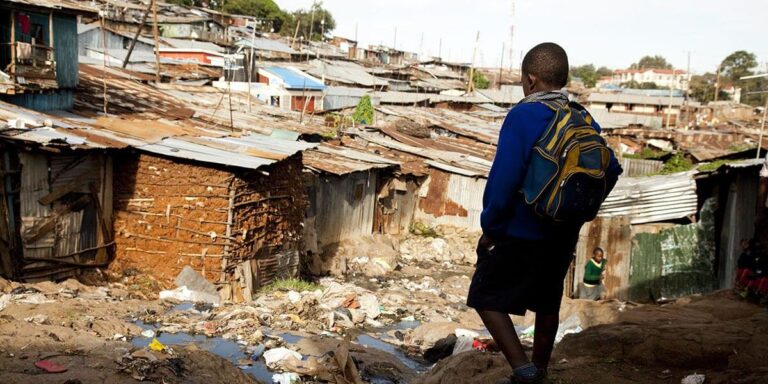Poverty in Saudi Arabia: An Overview
Saudi Arabia is often perceived as a wealthy nation due to its vast oil reserves. However, the reality of poverty in Saudi Arabia is often overlooked. Despite the country’s substantial wealth, economic disparities exist that leave a significant portion of the population in need.
The Economic Disparity
The wealth generated from oil does not benefit all citizens equally. Discrepancies in income highlight a troubling economic divide. Many low-income families struggle to meet basic needs, which raises concerns about the sustainability of social welfare in the kingdom.
Causes of Poverty
The rise in wealth has not been paralleled by adequate job creation. Unemployment rates, especially among the youth, contribute significantly to the poverty situation. Factors such as rapid population growth and a dependency on foreign labor exacerbate the issue, making it difficult for local job seekers to find adequate employment.
Social Implications
Poverty in Saudi Arabia leads to several social issues, including crime and unrest. Social stability is threatened when a substantial segment of the population feels disenfranchised. Access to education and healthcare varies greatly, affecting those living in lower socioeconomic conditions.
The Role of Government
The Saudi government has recognized the need to address poverty as part of its Vision 2030 initiative. Efforts are being made to diversify the economy and reduce reliance on oil. By creating new job opportunities and investing in social programs, the government aims to improve living conditions for its citizens.
Conclusion
While Saudi Arabia boasts significant wealth, the persistence of poverty shows that economic prosperity does not reach every sector of society. For more information on the complexities of poverty in Saudi Arabia, you can visit The Borgen Project for a deeper understanding of the challenges faced by the nation.

